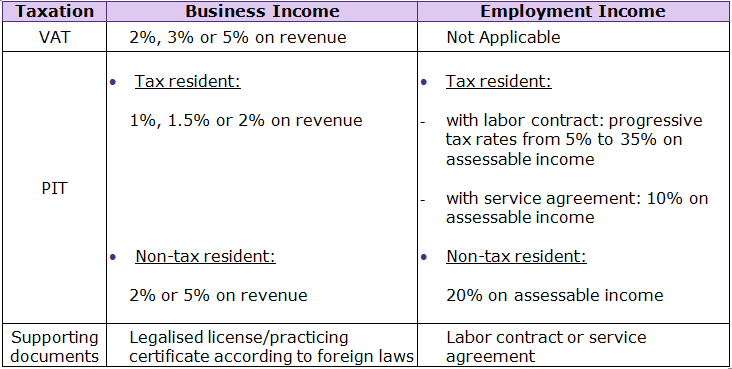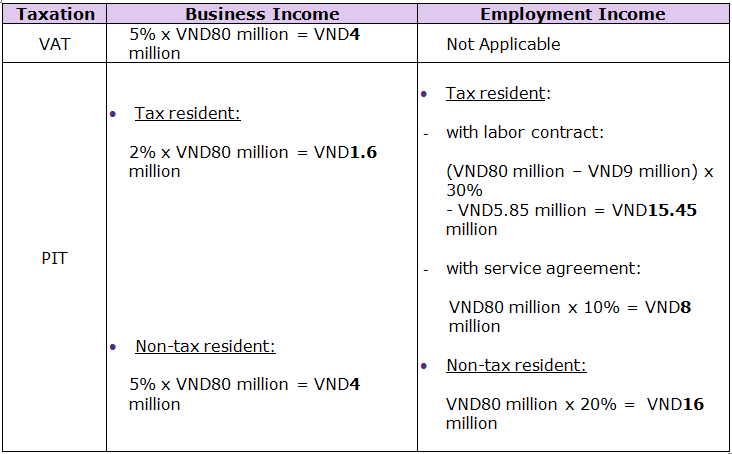Please Login or Register for Free now to view all updates and articles
In addition to free-to-view updates and articles, you can also subscribe to the full Legal Centrix Vietnam Service including access to:
- Overview notes on the law
- Thousands of high quality translations of legislation covering all key business areas
- Legal and tax updates
- Articles on important legal and tax issues
- Weekly email alerts
- Sophisticated web platform and search
Legal Centrix is trusted by top law and accounting firms.
Grant Thornton Vietnam
- Vietnam
- www.gt.com.vn
Grant Thornton Vietnam’s Key Differentiators
Grant Thornton in Vietnam is a leading provider of national audit, tax, advisory and outsourcing services. With 2 offices and 260 employees, we apply strong technical guidance and breadth of experience to ensure that clients receive a truly different experience.
We focus on delivering tangible value to customers
A leading international consulting firm that provides a complete range of services including audit, tax, advisory, business risk and outsourcing services.
- Long and strong presence in Vietnam since 1993, with offices in Hanoi and Ho Chi Minh City.
- Adding value to clients performance through profitable and functional solutions based on practical experience and local expertise.
- Focusing on a thorough understanding of clients ambitions, high-quality customised services and personalised relationships.
- Strategic and structured approach to deliver insightful and systematic analysis for effective, unbiased decision making.
- Professional project management and risk management to ensure quality deliverables and successful establishment of any new business facility including significant involvement from experienced Partners.
- Approved by SSC to audit Public Interest Entity in security sector in Vietnam.
- The only foreign invested firm in Vietnam that holds a Business Valuation License from the Ministry of Finance.
Click here to view the author's profile
Author

-
Grant Thornton Vietnam
Vietnam
Related Content
- No related content
Tags
Recent updates
- Decree 356/2025/ND-CP On Detailed Regulations On A Number Of Articles And Measures For Implementing The Law On Personal Data Protection
- Vietnam: Mediation in Intellectual Property disputes
- Vietnam: Recent Regulations On Auctioning Land Use Rights For Residential Land Allocation, Capital Contribution Activities in Credit Institutions, and Personal Data Protection
- Vietnam: Third-party funding in the resolution of investment-related disputes: A financial risk-reduction method for doing business with Europe
- Vietnam: Shareholders’ agreements indirectly recognized via beneficial ownership
- Vietnam: Electronic signatures in investment registration dossiers: Inevitability and practical challenges



